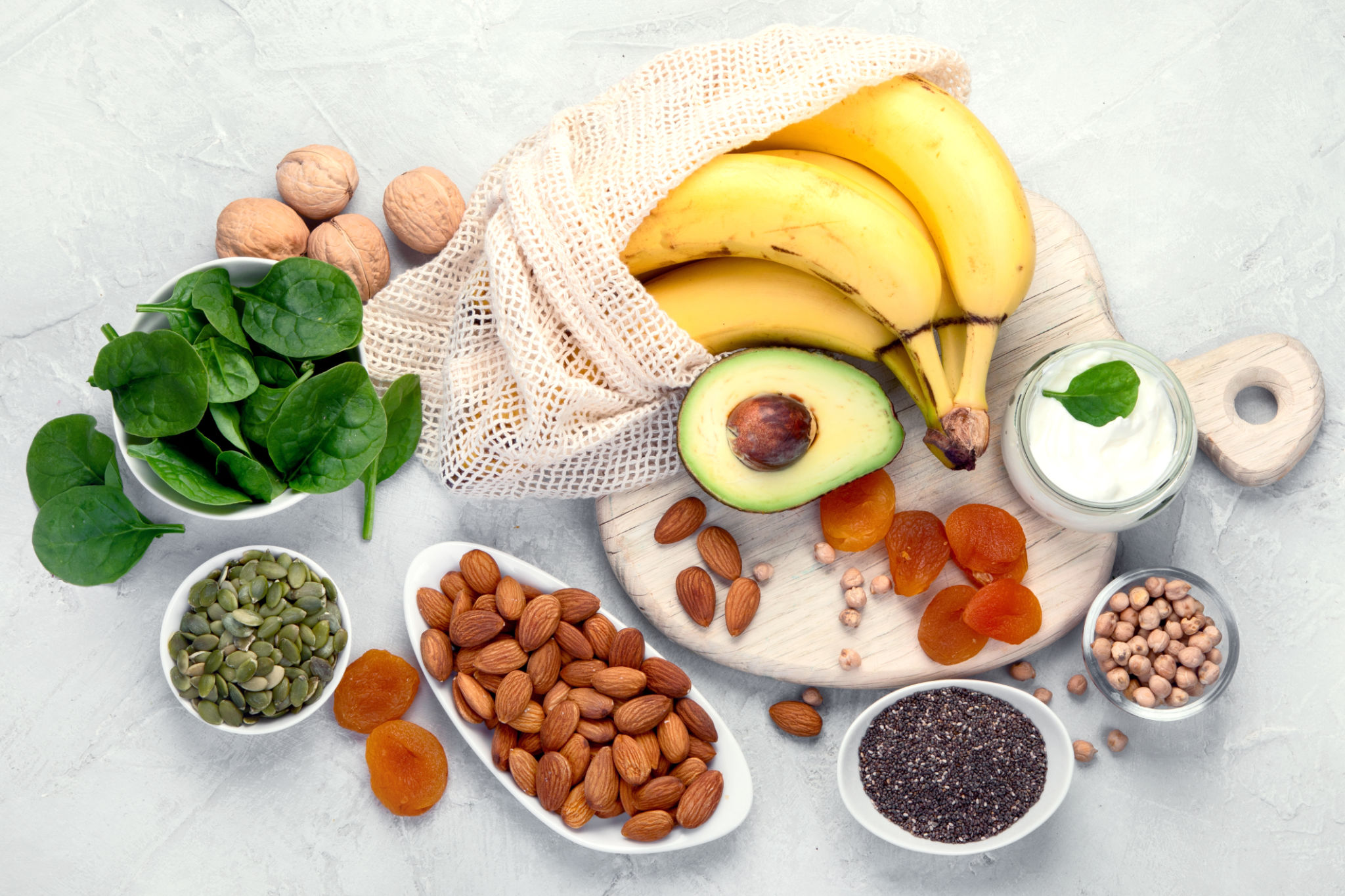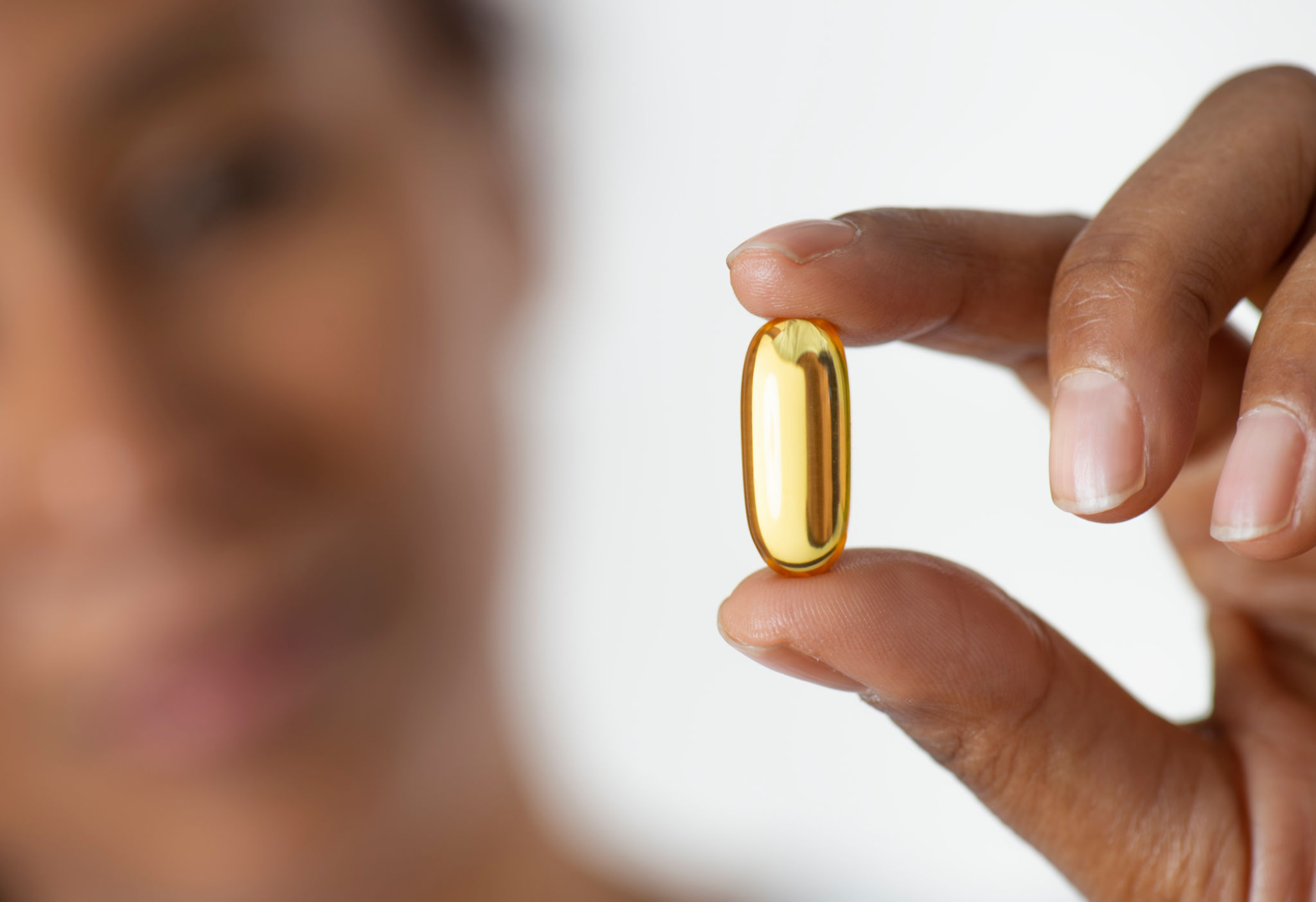Top Recommended Supplements for Diabetics: A Comprehensive Guide
Managing diabetes effectively involves maintaining a balanced diet, regular exercise, and monitoring blood sugar levels. While these are the cornerstone strategies, many individuals explore supplements to further support their health. In this guide, we'll delve into the top recommended supplements for diabetics, offering insights into how they can complement traditional diabetes management.
Understanding the Role of Supplements
Supplements can provide essential nutrients that may be lacking in your diet. It's important to understand that *supplements are not a substitute for medication* or a healthy lifestyle, but they can be a valuable addition to your diabetes management plan. Before starting any supplement regimen, consulting with a healthcare provider is crucial to ensure safety and efficacy.

Essential Vitamins and Minerals
Vitamin D
Vitamin D plays a significant role in insulin sensitivity and glucose metabolism. Many studies suggest that maintaining adequate vitamin D levels can help improve insulin function and potentially reduce the risk of developing type 2 diabetes. Sun exposure and fortified foods are excellent sources, but supplements can help achieve optimal levels.
Magnesium
Magnesium is another critical mineral for diabetics, as it supports insulin action and glucose control. Low magnesium levels are often observed in individuals with diabetes. Including magnesium-rich foods like nuts, seeds, and leafy greens is beneficial, but supplements can offer additional support.

Herbal Supplements for Blood Sugar Control
Cinnamon
Cinnamon is a popular herbal supplement known for its potential to lower blood sugar levels. It may enhance insulin sensitivity and slow down carbohydrate breakdown, reducing blood sugar spikes after meals. Incorporating cinnamon into your diet or taking it in supplement form can be beneficial.
Berberine
Berberine is a compound found in several plants, traditionally used in Chinese medicine. Research indicates that berberine can effectively lower blood sugar levels and enhance insulin sensitivity. It works similarly to some diabetes medications, making it a valuable natural option for managing diabetes.

Probiotics for Gut Health
Gut health plays a crucial role in overall well-being, and emerging research suggests a link between gut bacteria and insulin sensitivity. Probiotics, which are beneficial bacteria, may help improve gut health and thereby aid in better blood sugar control. Including probiotic-rich foods like yogurt or taking probiotic supplements can support this aspect of health.
Omega-3 Fatty Acids
Omega-3 fatty acids, found in fish oil, are known for their anti-inflammatory properties. Chronic inflammation is often associated with insulin resistance and type 2 diabetes. Consuming omega-3s can help reduce inflammation and improve cardiovascular health, which is particularly important for diabetics who are at higher risk of heart disease.

In summary, while supplements can offer additional support in managing diabetes, they should be used as part of a comprehensive plan that includes a healthy diet, regular physical activity, and ongoing medical care. Always consult with a healthcare professional before starting any new supplement to ensure it aligns with your individual health needs and conditions.